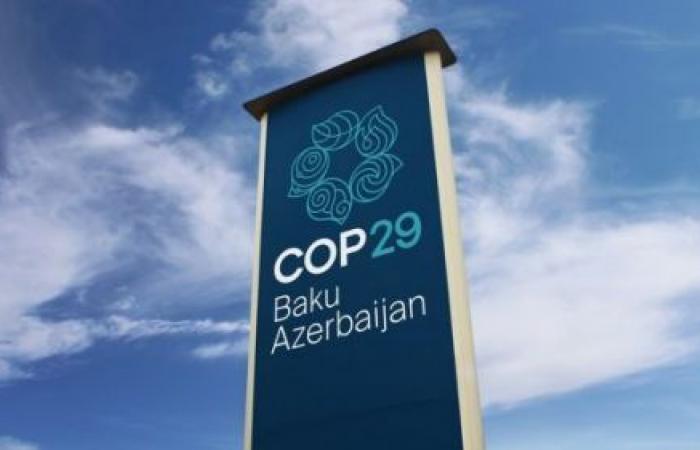(Ecofin Agency) – On Monday, November 11, the 29th opened in Baku, capital of Azerbaijan.e United Nations climate conference (COP29). World leaders are expected to discuss the issues of establishing clear rules on the direction to follow to strengthen climate action.
At the end of the first day of COP29 negotiations, we note in particular that the dissensions between developed and developing countries undermine any real ambition to fight against climate change. For this edition, rich countries appear more determined than ever to defend their economic and strategic interests, even if it means blocking any consensus.
The possibility that the United States, with the new Trump administration, will backtrack on its climate commitments is fueling debate and raising fears of a domino effect among other major emitters of greenhouse gases. A prospect that worries many delegates, even as natural disasters hit harder and harder, from the southern United States to the Spanish coast via Africa.
Negotiations on climate finance, particularly crucial for the most exposed countries, are already chaotic. Gulf countries and those in the Caspian Sea region, which continue to see fossil fuels as a pillar of their economies, refuse to consider any measures that would limit their oil and gas production. They particularly prefer to focus the debate on the financial aspects of previous agreements, postponing indefinitely the abandonment of fossil fuels.
The European Union and small island states have called for follow-up to COP28 commitments, particularly on the exit from coal, oil and gas. But fossil fuel producing countries, led by the Gulf States, are pushing to limit discussions to financing issues, refusing any restrictive measures on their industries.
Meanwhile, environmental protection organizations like Greenpeace Africa fear that this summit will end without concrete commitments in favor of African countries. They are paying a heavy price, with droughts and floods threatening the food and economic security of millions of people. This blocking of the great powers in the face of the demands of developing countries risks compromising the main objective of this COP: establishing a new climate financing objective which will have to replace that of 100 billion dollars per year which remains to date far below the needs. real.
Olivier de Souza






